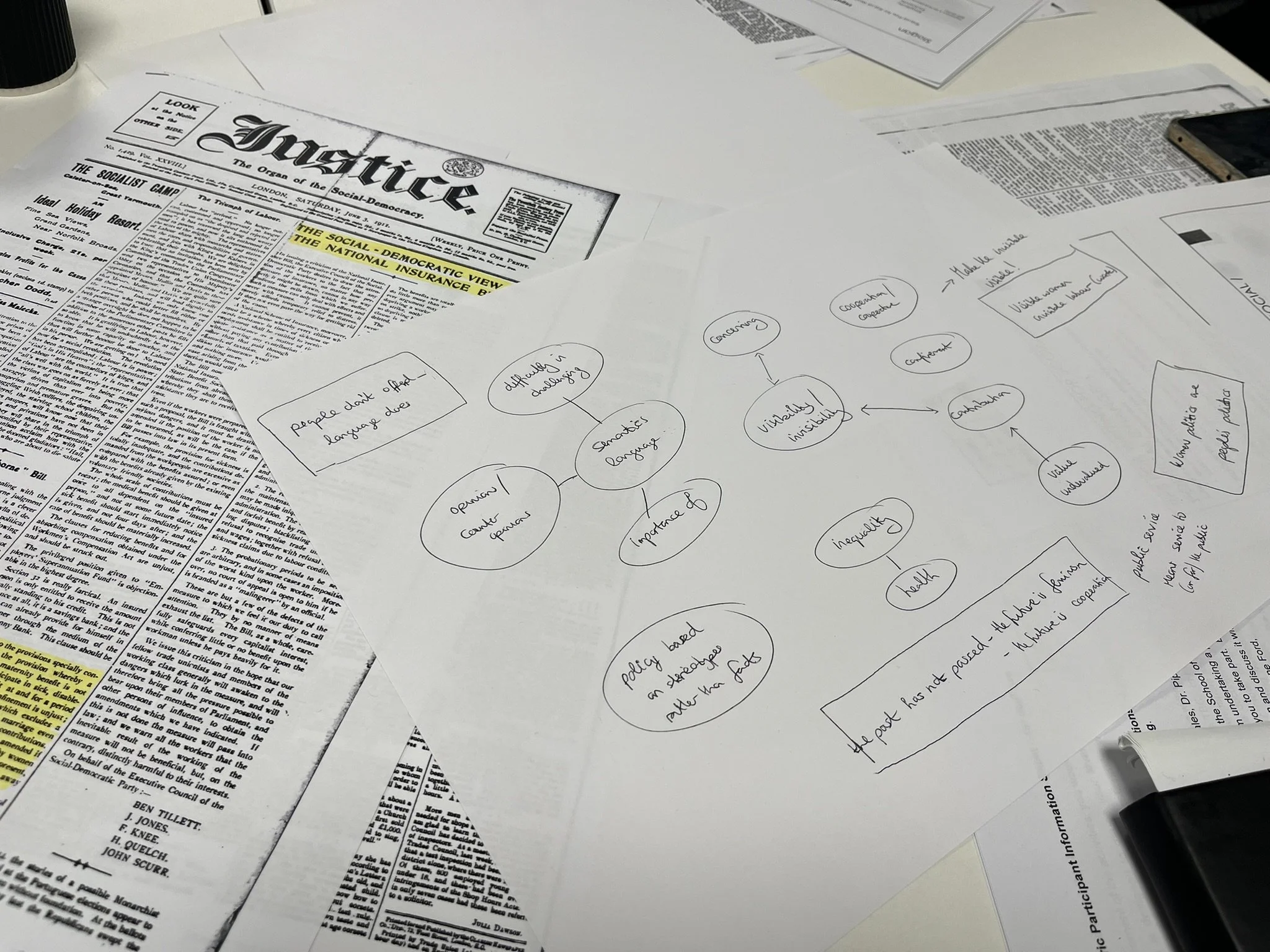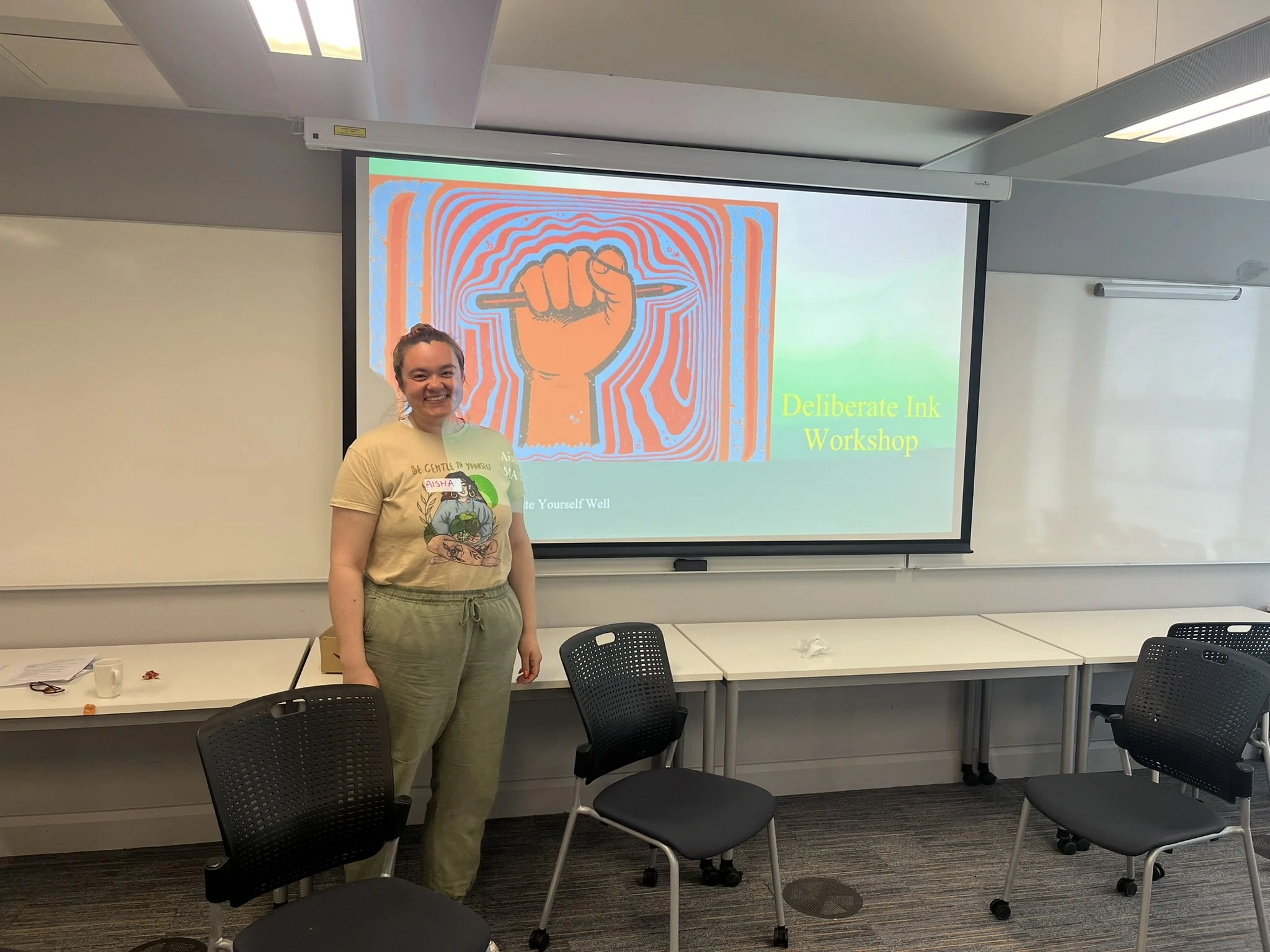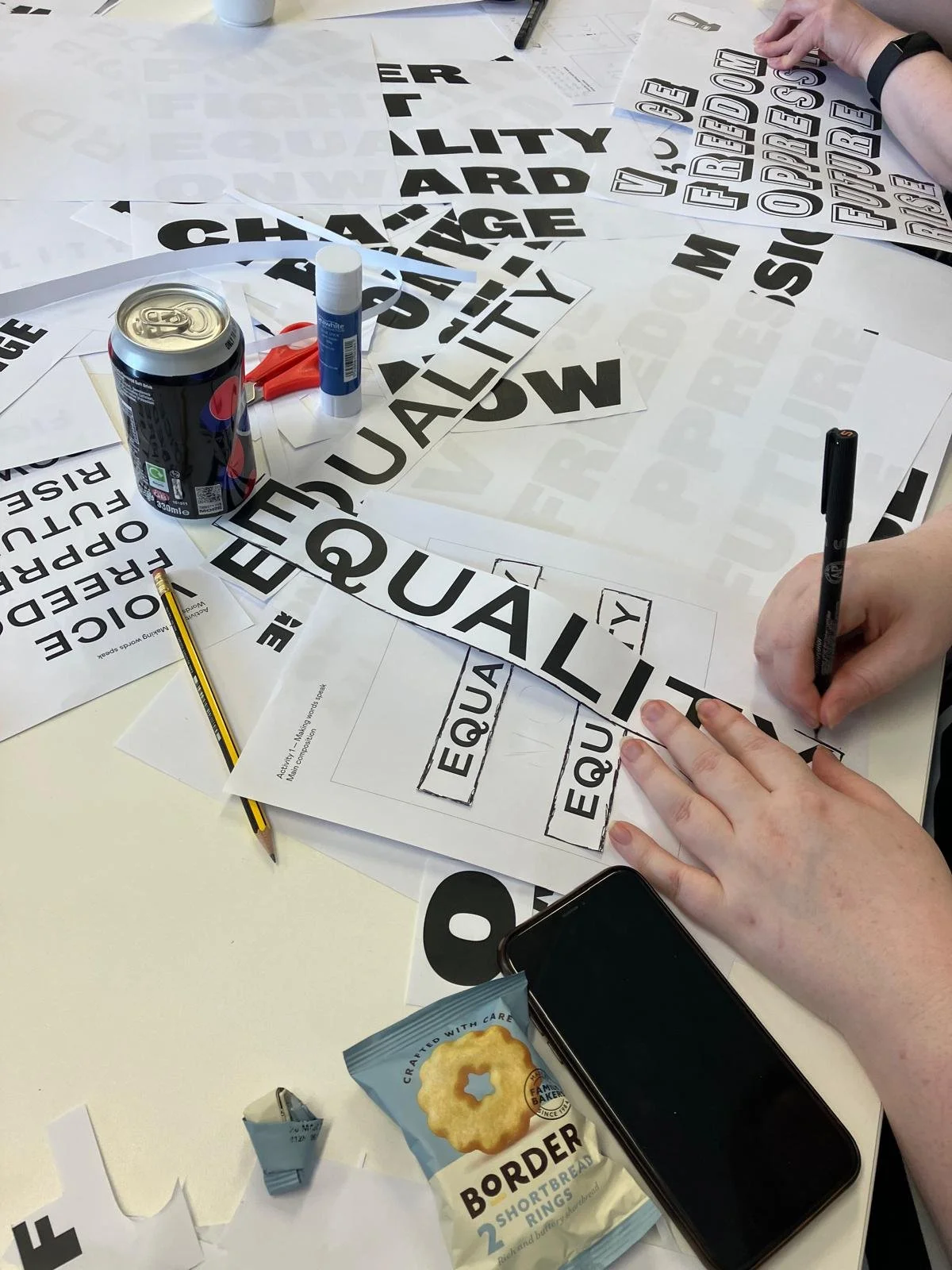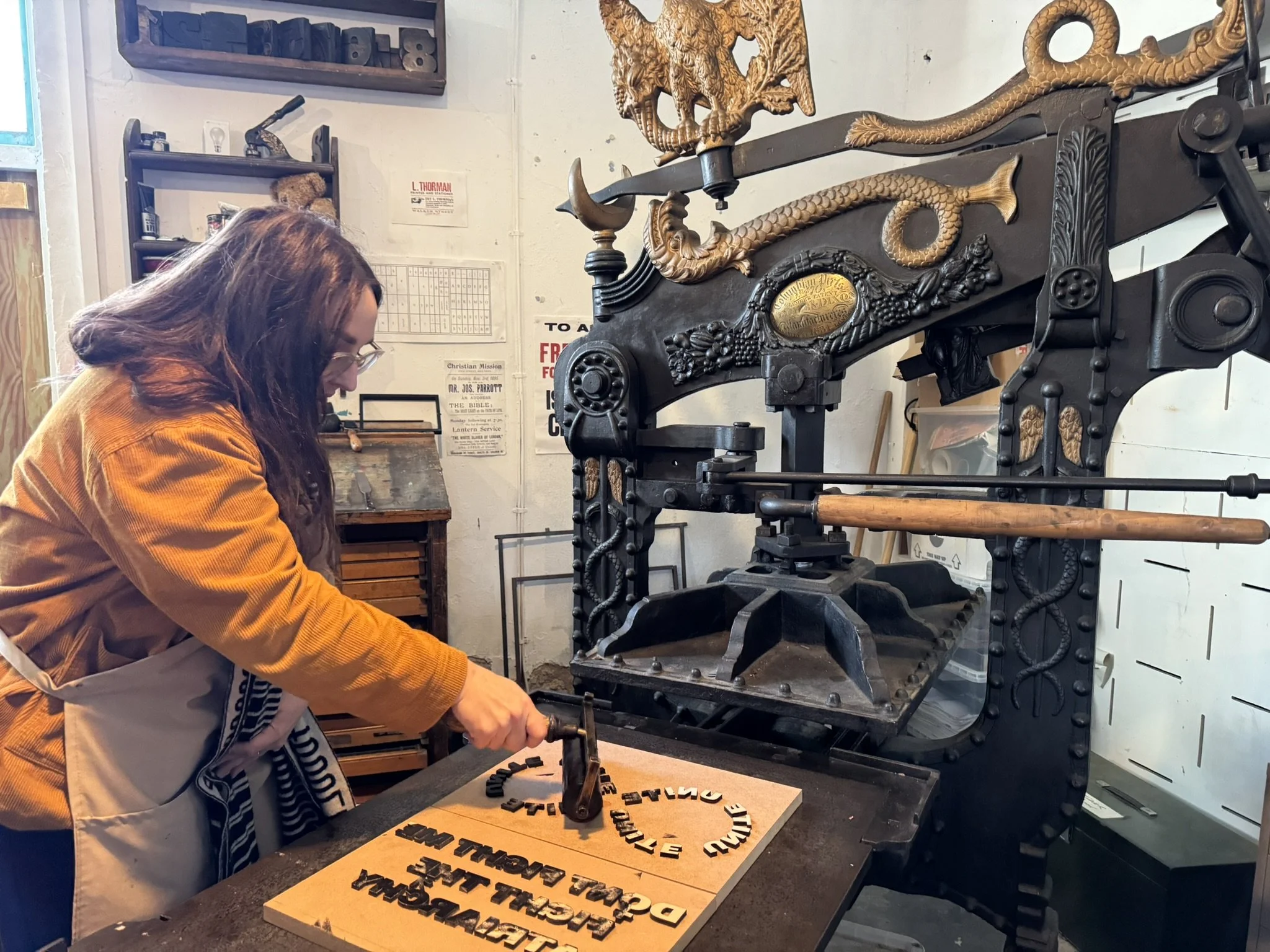Each iteration of the project takes the form of three interlinked workshops. These workshops guide participants through the process of producing independent and collaborative political posters, using discussion, creative writing, and design techniques. The workshops take place on three separate occasions, leaving a few weeks in between.
Discussion and Creative Writing Workshop:
In the first of the three workshops, participants explore a selection of articles reproduced from nineteenth- and early twentieth century socialist newspapers. These articles explore a range of women-centred issues which are selected for their relevance to our contemporary moment. In the past, topics have included the gendered implications of the 1911 National Insurance Bill, reproductive rights and controversies, and the campaign for women’s suffrage. Explanatory annotations and large-text transcripts of the articles are made available and participants are provided with reproductions of the original pages to help develop a sense of the layout and aesthetic of the original.
In the discussion component, participants share their understanding of this reportage and reflect on the inequalities faced by women at the turn of the twentieth century. This discussion acts as a springboard for a more general conversation about the status of women’s rights in a contemporary context.
In the creative writing component, participants engage in a ‘free writing’ reflection on the morning’s discussion. Specialists in creative writing introduce participants to key principles in writing for social change and support them to experiment with various forms in prose and verse. Slogans, free verse, elegy and concrete poetry, for instance, are modelled as forms with the potential to achieve striking political messages within the spatial and textual limits of the final posters.
Typography Workshop:
The second visual communication workshop introduces participants to the basic principles of typography and asks them to think about emotional and political effects of different typefaces and their placement on the page. Participants are directed to contemporary type foundries and design studios, which include New North Press ‘Reverting to Type’ and Erik Spiekermann ‘Hacking Gutenberg’. Using cut out tools and alphabet sheets, participants construct simple design layouts for their posters.
Print Workshop:
The final workshop takes place at Preston Park Museum, which is situated in a former nineteenth-century agricultural estate, in Stockton-on-Tees. It is a family museum which contains exhibits relating to the old hall and its people, and features a mock Victorian Street upon which, among other retailers, there is an ironmonger, chemist, police-station and printers. The ‘L. Thorman’ print shop contains a functioning Columbian Eagle Press, which dates back to the 1830s. In this final day of activities, participants learn about the history of the printing press and use the Columbian letterpress to produce their political posters.
We produce woodblock type forms, which are constructed from the collaged artwork designed at the typography workshop. This artwork is digitally scanned, redrawn, traced and made into digital files to be sent to the laser cutter. Machine cut forms are glued to boards set at the traditional height for the printing press. These are placed on the bed of the letterpress in much the same manner as the wooden type and allow participants to produce innovative and contemporary designs while working with nineteenth-century print technology.



